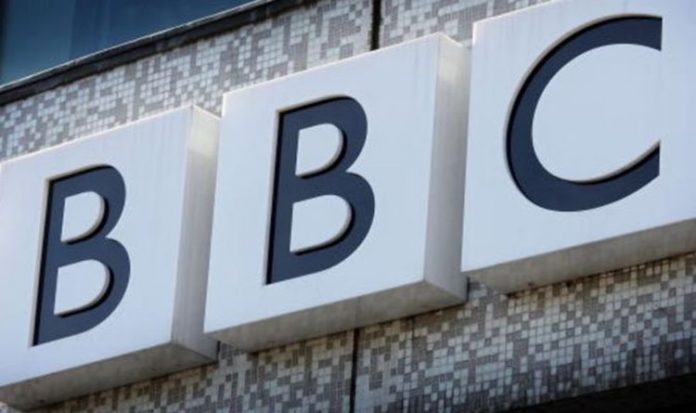Speaking to Express.co.uk, British economist Philip Booth argued the BBC should offer “differential levels of subscriptions” to those willing to pay the price for its services. As he called for the corporation to be defunded by the Government, he claimed the broadcasters could become a part-owned commercial company offering subscribers the chance to be shareholders. He said: “I think that the BBC should be financed by subscribers and also I’ve suggested it should be owned by subscribers.
“So instead of being a fully commercial shareholder owned company, like Rupert Murdoch’s Sky, or like Netflix, it would be more like the Nationwide Building Society.
“So if you’re a subscriber then you’re also a part of – or the National Trust to give another, although the National Trust is slightly different because it’s a charity.
“And just as everybody pays a TV licence now for the service they get, then I would expect that you would get virtually nothing unless you did actually pay for the subscription.
“It might be that the Government would like to provide things like the Parliament channel, possibly even a basic news service.
“Although there are so many free news services, even outside the BBC provision, that that’s probably not necessary, but it may well be that for various reasons, that the Government wants to provide something like the Parliament channel free to non-subscribers.
READ MORE: BBC BIAS: Broadcasting corporation under fire
“But by enlarge, yes, if you want the service you’d have to subscribe.
“But there would be different levels of subscription, I would expect, for differential levels of service.
“I’d expect the BBC to bring on these channels that were only available to certain levels of subscribers, and also potentially provide advanced viewing of certain programmes to people who had a higher level of subscription as well.
“The variety of things you can do using the technology now for those sorts of things, the BBC could segment the market. It’s really quite large.”
A recent survey, commissioned by the Defund The BBC pressure group, also found 40 percent backed the idea of a subscription service while 37 percent favoured the current system and the £157.50 annual charge. It also found 15 per cent of viewers will not watch any BBC programmes over the Christmas holidays while a third plan to watch a maximum of five hours.
Defund the BBC campaign director Rebecca Ryan said: “The British public want the licence fee to move to a subscription model that would mean people have the right to decide if they want to access BBC content or not.
“It is clear from this poll that there is a huge swathe of the population who do not feel the BBC’s Christmas schedule is on a par with what it should be and many will be watching far less BBC content than they did last year.
“A major factor of this is undoubtedly the subscription choices in the form of Sky, Netflix and Amazon Prime Video which have a raft of on-demand content.
“The BBC licence fee is outdated and unwanted.”
BBC bosses are coming under growing pressure to justify the fee amid rows over scrapping free licences for over-75s, presenter salaries, political bias and accusations of “woke culture” within the corporation.
Tim Davie, the BBC’s new director-general, has vowed to make changes at the heart of the BBC in a bid to cool the backlash against the corporation.
DON’T MISS:
BBC POLL: Should non-payment of TV licence fee be decriminalised? [POLL]
BBC licence fee U-TURN as Boris Johnson scraps plans to decriminalise [INSIGHT]
BBC backlash: Licence fee payers fume over future of Mrs Brown’s Boys [REACTION]
A growing number of Tory ministers and MPs are voicing concerns about the value for money provided by the licence.
Culture Minister John Whittingdale said justification for the licence fee will “diminish over time” and the corporation will eventually have to seek “alternative means of funding”.
Mr Whittingdale told the Commons Digital, Culture, Media and Sport Select Committee: “The justification that everybody benefited from paying it because everybody benefited from the BBC is still largely the case, but will diminish over time.
“I suspect that eventually we will need to look at alternative means of funding the BBC.
“There is an attraction in subscription, at least in part.”
Earlier this year Boris Johnson said he was “certainly looking at” a plan to “get rid of all licence fees”.
But the Prime Minister admitted the outcome of any such review would not be introduced “at this stage”.







